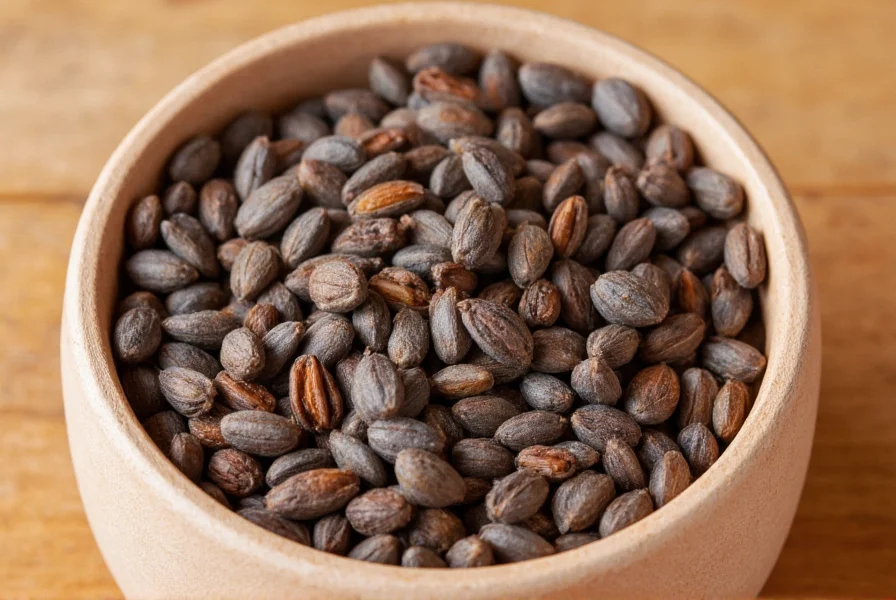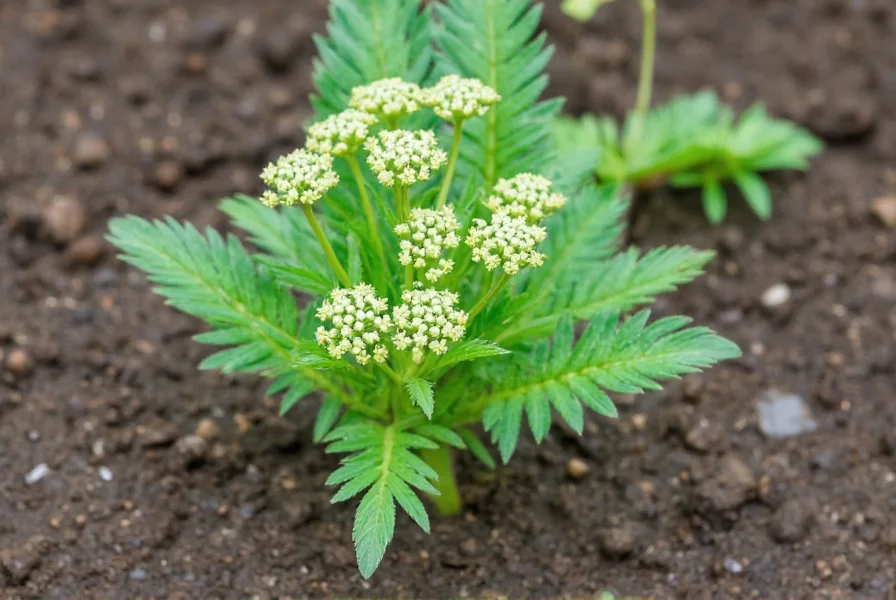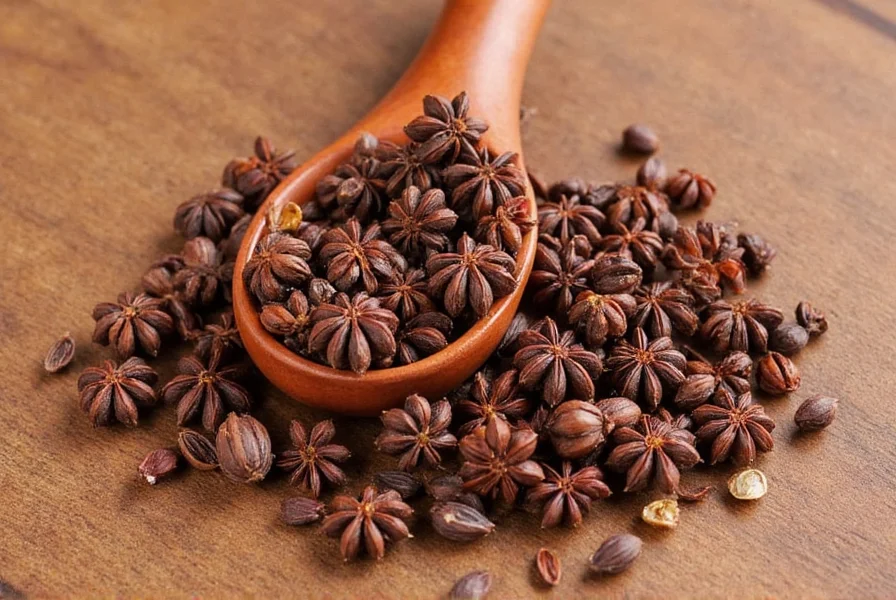Anise has been valued for both culinary and medicinal purposes since ancient Egyptian times. This aromatic herb, native to the Mediterranean and Southwest Asia, contains bioactive compounds like anethole that contribute to its distinctive flavor and potential health properties. Modern research continues to validate some traditional uses while distinguishing evidence-based benefits from anecdotal claims.
Scientifically Supported Health Benefits of Anise
Multiple studies have investigated the therapeutic potential of anise. The most robust evidence supports its role in digestive health. A 2020 review published in Phytotherapy Research confirmed that anise seed extract significantly reduces symptoms of functional dyspepsia, including bloating, gas, and abdominal discomfort. The carminative properties help relax gastrointestinal muscles and facilitate the expulsion of gas.
Antimicrobial research shows promising results. Laboratory studies demonstrate that anise essential oil exhibits inhibitory effects against various pathogens, including Staphylococcus aureus and Candida albicans. While these findings are primarily from in vitro studies, they suggest potential applications for anise in managing certain infections when used appropriately.

Respiratory Support and Traditional Applications
For centuries, anise has been used as a natural remedy for respiratory conditions. Scientific evidence supports its effectiveness as an expectorant that helps loosen mucus and ease coughs. A clinical trial involving 100 participants with acute bronchitis found that anise-based syrup provided significant relief from persistent coughing compared to placebo.
Traditional medicine systems have attributed additional benefits to anise, including:
- Menopausal symptom relief due to mild phytoestrogen compounds
- Lactation support for breastfeeding mothers
- Sleep improvement properties
However, research supporting these applications remains preliminary. A 2022 systematic review noted that while some small studies show potential benefits for menopausal symptoms, larger clinical trials are needed before definitive conclusions can be drawn.
| Benefit | Scientific Evidence Level | Recommended Form | Typical Dosage |
|---|---|---|---|
| Digestive support | Strong (multiple clinical trials) | Tea, capsules | 1.5-3g seeds daily |
| Antimicrobial effects | Moderate (primarily lab studies) | Essential oil (diluted) | Consult professional |
| Respiratory relief | Good (clinical evidence) | Syrup, tea | 300-600mg extract daily |
| Hormonal balance | Limited (preliminary studies) | Tea, supplements | Research ongoing |
Safety Considerations and Potential Side Effects
Anise is generally recognized as safe when consumed in culinary amounts. However, medicinal use requires more caution. Some individuals may experience allergic reactions, particularly those sensitive to plants in the Apiaceae family (including fennel, celery, and carrots).
Important safety notes:
- Pregnant women should avoid medicinal doses as anise may stimulate uterine contractions
- People with estrogen-sensitive conditions should consult healthcare providers before regular use
- High doses may cause nausea or headaches in sensitive individuals
- Anise may interact with certain medications including blood thinners
The European Medicines Agency recommends not exceeding 20 grams of anise seeds daily for adults. For children under 12, consult a healthcare professional before use.

Practical Applications of Anise in Daily Life
Incorporating anise into your routine can be simple and enjoyable. For digestive support, try preparing anise tea by steeping 1-2 teaspoons of crushed seeds in hot water for 10 minutes. This traditional preparation works particularly well after meals to prevent bloating.
Culinary uses extend beyond health benefits. Anise seeds enhance baked goods, marinades, and spice blends. The essential oil, when properly diluted, can be used in aromatherapy for respiratory support. When selecting anise products, choose whole seeds over pre-ground versions for maximum freshness and potency.
For those interested in natural remedies, anise offers a time-tested option with growing scientific support. However, it's crucial to maintain realistic expectations about its capabilities and consult healthcare professionals for persistent health concerns rather than relying solely on herbal remedies.
Frequently Asked Questions About Anise Benefits
What's the difference between anise and star anise?
True anise (Pimpinella anisum) comes from a flowering plant in the Apiaceae family, while star anise (Illicium verum) is the fruit of a completely different tree species. Though both contain anethole and share similar flavors, they have different chemical profiles. True anise is generally preferred for medicinal applications due to more extensive research supporting its benefits.
Can anise help with menstrual cramps?
Some research suggests anise may help reduce menstrual pain. A randomized controlled trial published in the Journal of Obstetrics and Gynaecology found that women who consumed anise extract experienced significantly less menstrual pain compared to placebo. The antispasmodic properties likely contribute to this effect, though more research is needed to confirm optimal dosing.
How long does it take to experience benefits from anise?
For digestive benefits, many people notice improvement within 30-60 minutes after consuming anise tea. Respiratory benefits from anise-based syrups typically become apparent within a few hours. For hormonal effects, consistent use over several weeks may be necessary to observe potential benefits, though individual responses vary significantly.
Is anise safe for children?
Anise in culinary amounts is generally safe for children. For medicinal use, consult a pediatrician first. The European Medicines Agency advises against using anise for children under 3 years old. For older children, reduced dosages (typically 25-50% of adult dose) may be appropriate under professional guidance, particularly for cough relief.











 浙公网安备
33010002000092号
浙公网安备
33010002000092号 浙B2-20120091-4
浙B2-20120091-4